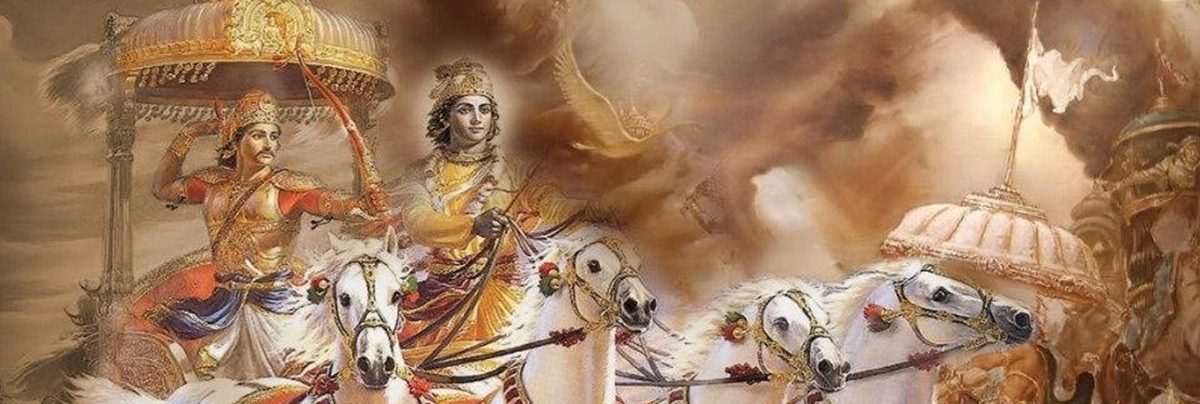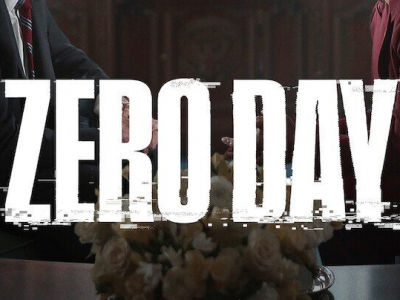The epic Indian saga of the Mahabharata has long been cherished as a reservoir of wisdom. Its rich tapestry of stories, characters, and teachings offer profound insights into life, relationships, and ethics. Surprisingly, it also harbors valuable lessons on risk management for today’s dynamic business environment.
1. Understand the Consequences Before Taking Risks: The game of dice in Mahabharata is a classic example of the failure to understand the potential consequences before taking a risk. Yudhishthira gambled away his kingdom, his brothers, and even his wife, leading to disastrous outcomes. This underscores the importance of analyzing the potential fallout before making any risky decision in business.
3. Ethical Conduct Minimizes Risks: In the Mahabharata, unethical acts invariably lead to downfall and disaster. Duryodhana’s refusal to give the Pandavas their rightful share of the kingdom led to the catastrophic war. In business, unethical conduct can harm reputation, lead to legal troubles, and hurt stakeholder trust, thereby increasing risk.
4. Miscommunication Increases Risk: Miscommunication or withholding information can lead to unnecessary risks. In the Mahabharata, Karna’s ignorance of his true parentage is one example. In business, transparent and effective communication is key to managing risks, ensuring everyone is aligned and aware of potential threats and responses.
5. Learn from Past Mistakes: In the Mahabharata, characters often repeat their mistakes, resulting in dire consequences. In business, learning from past errors is crucial for effective risk management, helping to prevent the recurrence of similar risks in the future.
6. Value of Expert Counsel: Just as Krishna’s wise counsel was pivotal in many instances, businesses too can benefit immensely from expert advice. A risk management expert can provide objective assessment and solutions to mitigate potential risks.
7. Overconfidence is a Risk: Overconfidence can lead to downplaying or overlooking potential risks. Duryodhana’s overconfidence in his victory led him to make several strategic errors. In business, it’s important to stay grounded and realistic about risks, irrespective of past successes.
8. Understand the Risk-Reward Trade-off: Arjuna’s decision to kill Karna, despite knowing he was his brother, demonstrates the concept of risk-reward trade-off. In businesses, sometimes tough decisions need to be made considering the greater benefits over potential risks.
9. Be Prepared for Unexpected Risks: The war in the Mahabharata was fraught with unexpected developments, emphasizing the need for preparedness for unforeseen risks. Businesses should have contingency plans and constantly update their risk assessment to mitigate the impact of such risks.
10. Long-term Perspective is Essential: The Mahabharata teaches us to have a long-term perspective, to see beyond immediate gains and losses. Risk management also requires a long-term view, considering future implications of decisions made today.
In conclusion, the Mahabharata is not just an epic tale but a rich resource for risk management lessons that hold relevance even in today’s business world. By digging deep into its narratives, businesses can glean wisdom that can guide their risk management strategies and help navigate the volatile waters of modern commerce.














